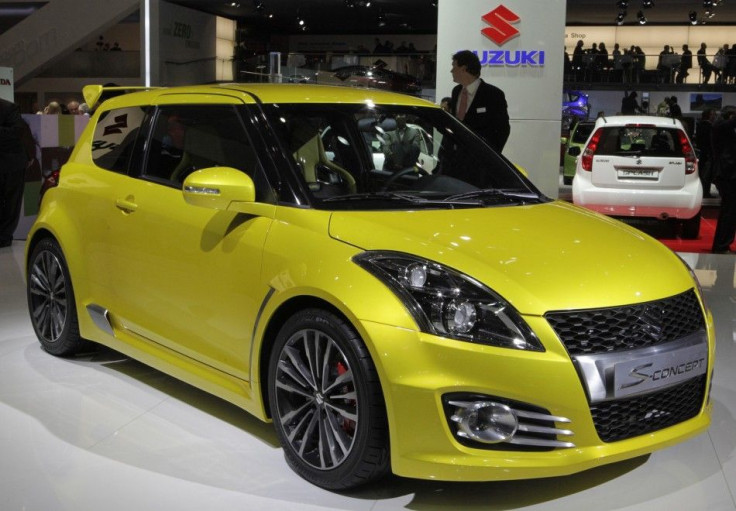Suzuki Ultimatum to VW: Hybrid Technology or Split

Suzuki Motor Corp accused Volkswagen of breaching a partnership pact by withholding hybrid technology it promised to share, pushing their two-year-old alliance to the brink of disintegration.
Japan's Suzuki has served VW with a notice of breach of contract, demanding the German company give it access to key technologies within weeks. Unless it does so, Suzuki's biggest shareholder must sell back its stake and quit the alliance, it said on Friday.
The whole point of the partnership was to gain access to key technologies, such as those for hybrids and environment technologies, Executive Vice President Yasuhito Harayama said at a news conference in Tokyo. If VW can't honour that, it must return Suzuki's shares immediately.
The latest exchange of accusations deepens a feud between the two car makers. Last month, VW accused the Japanese company of breaching their agreement by procuring diesel engines from Fiat and is demanding it end that cooperation.
VW bought a 19.9 percent interest in Suzuki for about 1.7 billion euros ($2.3 billion) in January 2009. At Thursday's closing price that stake was worth $2.4 billion.
There is not enough invested on either side to justify the effort to try to salvage the relationship. Both can and will eventually walk away, said Kurt Sanger, auto analyst at Deutsche Securities.
Suzuki, which says it has yet to hear a proper response from VW about a proposal for a divorce, may consider other steps if VW ignores the notice, Harayama said.
Last month, Suzuki chairman and CEO Osamu Suzuki offered to buy those shares cash on hand, and in return, promised to offload its 1.5 percent stake, worth $1 billion, in Volkswagen back to its estranged German partner.
Billed as a partnership of equals, the tie-up was meant to bolster VW's presence in India for small cars and give Suzuki access to technology it could not afford to develop on its own but the partnership has so far failed to deliver any meaningful cooperation.
If this situation is not resolved quickly, it does not mean that Suzuki is in trouble, but it is in neither companies' interest for this uncertainty to drag on for too long, said Harayama, adding that Suzuki's engineers are now happily developing new products without additional outside help.
In 1998, Suzuki joined a strategic partnership with General Motors, which took a 17.4 percent stake in the Japanese firm. That unravelled in 2006 when the U.S. car company sold most of its stake as it scrambled for cash amid ballooning losses.
Suzuki's shares dipped 0.5 percent to 1,650 yen, broadly in line with the Nikkei's 0.8 percent fall in Tokyo trading.
The Suzuki crisis for VW comes as it tries to juggles other deals including a Porsche merger and plans to combine the truck-making business of MAN and Sweden's Scania.
Suzuki is very good at making practical relationships when it needs something, such as a diesel engines in India from Fiat or an OEM agreement with Nissan, said Sanger from Deutsche. It does not need to go out and remarry tomorrow.
© Copyright Thomson Reuters 2024. All rights reserved.











